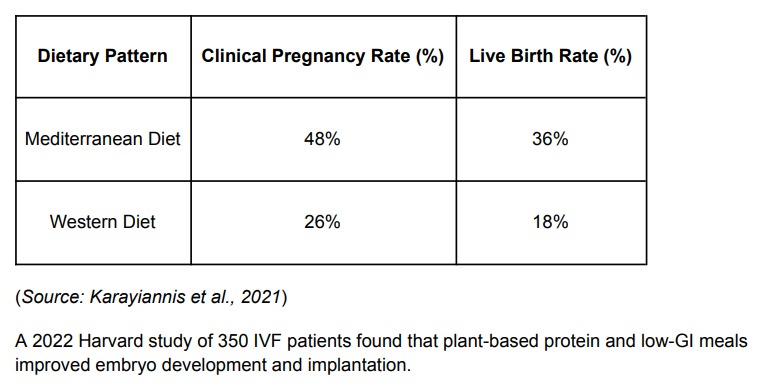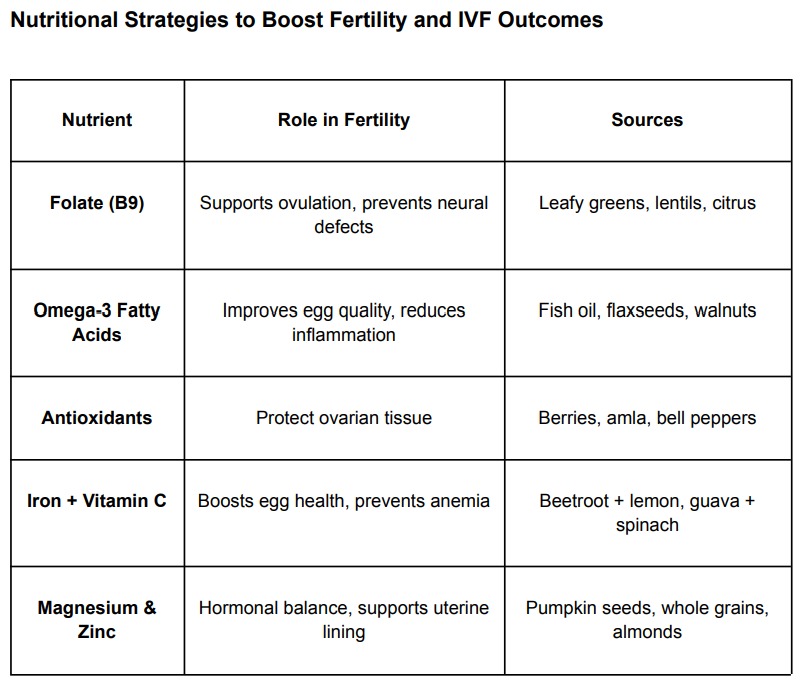
Meenu Agarwal, clinical dietician and nutritionist.
In recent years, more women are embracing motherhood later in life, with assisted reproductive technologies (ART) such as IVF becoming increasingly accessible. According to India’s Ministry of Health and Family Welfare, the average age of first-time mothers has risen by over five years in urban India over the last two decades. This trend isn’t unique to India — global fertility patterns are shifting.
In countries like the USA and UK, the average maternal age at first birth has crossed 30, driven by career planning, delayed marriages, and better ART access. According to the CDC (2023), the proportion of American women giving birth at age 35 and above has more than doubled since 1990. Yet, advancing age brings biological and nutritional challenges, particularly around ovarian reserve, hormone regulation, and implantation efficiency.
Here’s the empowering news: your diet plays a powerful role in extending reproductive health and enhancing ART outcomes — even into your late 30s and early 40s.

The Link Between Nutrition and Reproductive Lifespan
Reproductive aging is shaped by oxidative stress, hormonal shifts, and chronic inflammation — all of which are modifiable through food. A 2023 systematic review in Nutrients found that women following a Mediterranean-style diet experienced significantly delayed menopause and improved ovarian reserve markers such as AMH and FSH. This dietary pattern is rich in healthy fats, fibre, and antioxidants, which help preserve egg quality and hormonal balance.
Diet and IVF: What the Research Says
Multiple studies link preconception nutrition with IVF success. A 2021 study in Human Reproduction demonstrated that anti-inflammatory, whole-food diets — rich in vegetables, legumes, whole grains, and omega-3s — improved embryo quality and implantation rates.


Long-Term Nutrition for Fertility Resilience
Even if pregnancy is years away, the right nutrition today can help preserve fertility. A 2023 article in The Guardian reported that women who followed a fertility-supportive diet for more than five years had a 30% lower risk of ovulatory infertility.
Globally, reproductive health experts recognise micronutrient sufficiency as critical to IVF success. The European Society of Human Reproduction and Embryology (ESHRE, 2022) recommends dietary intervention prior to embryo transfer. In fact, UK’s NHS clinics now routinely offer preconception nutrition counselling.
Final Thoughts
Fertility isn’t just about age — it’s about your cellular health. Whether you’re trying naturally or through IVF, a nutrient-dense, anti-inflammatory diet is one of the most powerful tools you have to optimise outcomes and support lifelong reproductive wellness.
Follow Revsportz for latest sports news




